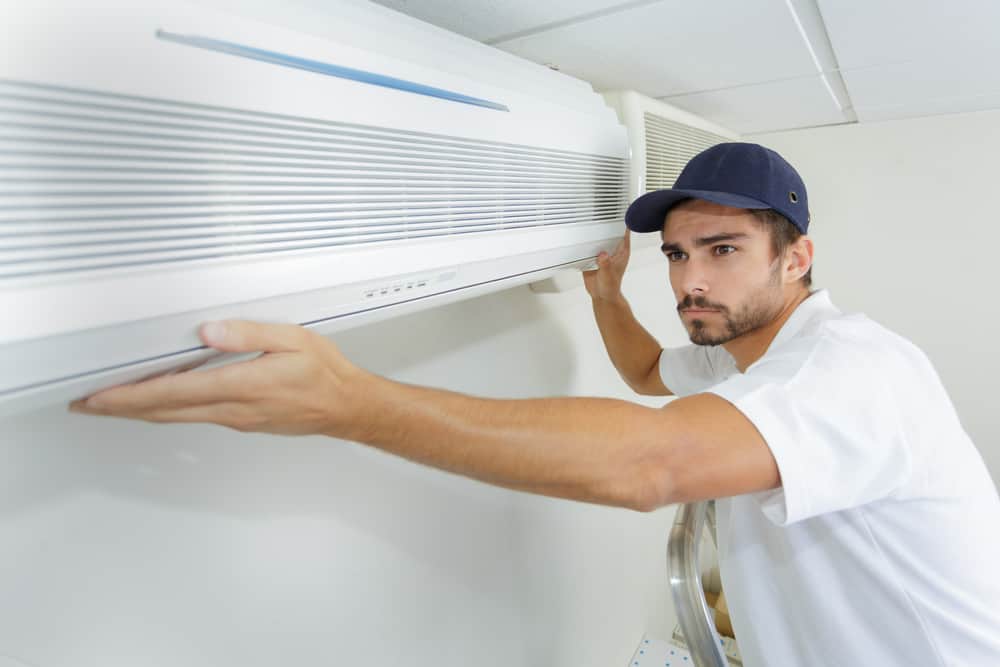How to Optimize Your HVAC System for Peak Satisfaction

In fast-paced world, establishing a comfortable working or working environment is crucial for both productivity and health. This is where HVAC solutions play a vital role. Knowing how to improve your HVAC system can make a notable difference in your comfort levels, expenses, and overall indoor atmosphere. Whether you are a resident looking to upgrade your temperature control performance or a entrepreneur wanting to create a conducive work environment, knowing the details of your HVAC system is essential.
This guide will take you through all you need to know about HVAC systems, from introductory principles to advanced strategies for optimization. We will discuss typical challenges and their fixes, maintenance suggestions for ensuring your system running smoothly, and how to select the right system for your specific requirements. With the right knowledge, you can guarantee your HVAC system plays a role to a wholesome and inviting space while also being energy efficient.
Grasping HVAC
Heating, ventilation, and air conditioning represents heating, ventilation, and air conditioning. It is a comprehensive system made to provide thermal well-being and acceptable indoor air quality. Grasping how such systems work can assist homeowners take knowledgeable steps about their heating and cooling needs. A well-optimized HVAC system is crucial for keeping a pleasant living environment throughout the year.
At its heart, an HVAC system works by employing various elements, including furnaces, cooling units, heat pumps, and ventilation systems. These components work collaboratively to regulate indoor heat levels and humidity while ensuring proper air circulation. Knowing how these components connect can aid you troubleshoot common issues and improve system efficiency. This relationship emphasizes the importance of understanding both the single elements and the whole setup.
Consistent maintenance is key to the longevity of HVAC systems. Routine maintenance tasks and timely repairs can prevent minor problems from becoming major complications, ensuring that your system runs smoothly and effectively. By acquainting yourself with the essentials of your HVAC system, you can implement proactive steps to enhance its performance, reduce energy expenses, and boost overall well-being in your home.
Heating, Ventilation, and Air Conditioning Maintenance and problem-solving

Frequent service is vital for ensuring your heating and cooling system works effectively and endures for many years. This entails tasks such as replacing air filters, washing the condenser and evaporator coils, and checking the refrigerant levels. A fresh filter not only helps sustain good airflow but also enhances indoor air quality. Planning click here now certified inspections can help spot small issues before they turn into significant problems, conserving you hours and financial resources in the long run.
One of the most frequent issues that HVAC systems face is subpar airflow, which can be due to blocked vents or ducts, a dirty filter, or even broken fans. If you see discrepant temperatures in multiple rooms, it is important to check the airflow and ensure that no objects is hindering the vents. In some instances, you may need to adjust the thermostat to improve performance. Listening for unusual noises from the system can also indicate potential problems that need urgent attention.
When handling HVAC troubleshooting, it is critical to know the right time to repair and the appropriate time to replace. If your system is frequently breaking down, is over ten years old, or needs costly repairs, it may be more economical to purchase a new system. Be aware of the warranty terms and service options provided for your system, and consider modern solutions that improve energy efficiency. Investing in smart technology can also give more oversight over your system and help decrease energy bills.
Energy Conservation and Developments in Heating, Ventilation, and Air Conditioning
The Heating, Ventilation, and Air Conditioning industry has seen significant improvements in energy conservation, driven by the requirement for eco-friendly solutions and cost-effective heating and cooling. Modern systems are designed to reduce energy use while maximizing comfort. Innovations such as variable speed compressors, advanced heat exchangers, and improved insulation materials contribute to lower energy expenses and enhanced performance. These technologies allow heating and cooling systems to respond to varying environmental conditions, ensuring maximum efficiency throughout the year.
Smart heating and cooling systems have emerged as a transformative approach in energy management. These systems can hook to the internet, allowing homeowners and businesses to monitor and control their heating and cooling units from anywhere. Features such as scheduling, learning algorithms, and compatibility with smart home devices enable users to make thoughtful decisions about electricity usage. By optimizing settings and usage patterns based on live analytics, these systems can dramatically reduce power use and energy bills.
Putting resources into innovative heating and cooling solutions not only improves comfort but also promotes eco-friendly aims. Energy-efficient systems often qualify for subsidies and discounts, making them an appealing option for consumers. Additionally, innovations like solar-assisted heating and cooling systems and geothermal heating and cooling showcase the capability for combining green energy sources. As the focus on sustainability continues to grow, utilizing these technologies will be crucial for both home and business applications in the pursuit of energy efficiency.
